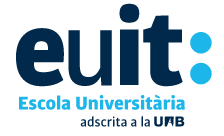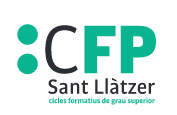Time Course of Motor Gains Induced by Music-Supported Therapy After Stroke: An Exploratory Case Study / Jennifer Grau‐Sánchez, Neus Ramos‐Escobar, Esther Duarte, Teppo Särkämö Antoni Rodríguez‐Fornells
Creator: Grau-Sánchez, Jennifer, https://orcid.org/0000-0002-8123-1745 [autor] .
.
Creators: Ramos‐Escobar, Neus [autor] | Duarte, Esther [autor]
| Duarte, Esther [autor] | Särkämö, Teppo [autor]
| Särkämö, Teppo [autor] | Rodríguez-Fornells, Antoni [autor]
| Rodríguez-Fornells, Antoni [autor] .
.
Material type:  ArticleContent type: text Media type: informàtic Carrier type: recurs en líniaNew identifier: doi: 10.1037/neu0000355Subject(s): Musicoteràpia
ArticleContent type: text Media type: informàtic Carrier type: recurs en líniaNew identifier: doi: 10.1037/neu0000355Subject(s): Musicoteràpia| Item type | Current library | Collection | Call number | URL | Status | Date due | Barcode | |
|---|---|---|---|---|---|---|---|---|
 Journal article
Journal article
|
Dipòsit Digital EUIT Internet | En línia | Text complet | Exclòs de préstec | 0010173102319 | |||
 Journal article
Journal article
|
Escola Universitària d'Infermeria i Teràpia Ocupacional de Terrassa Internet | En línia | Text complet | Exclòs de préstec | 0000101718446 |
RecerCaixa
application/pdf
info:eu-repo/semantics/openAccess Tots els drets reservats
https://rightsstatements.org/page/InC/1.0/?language=es
(c) 2020 APA, all rights reserved
DDEUIT
There are no comments on this title.


